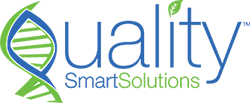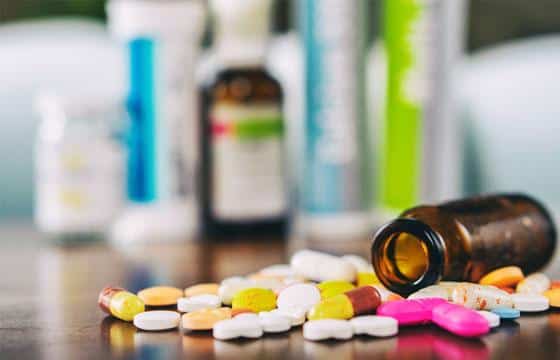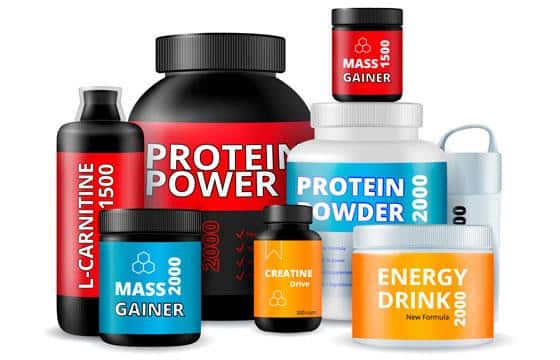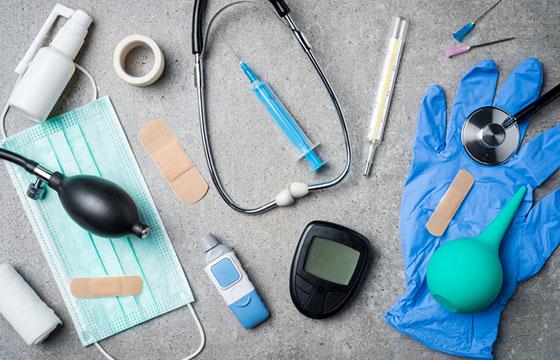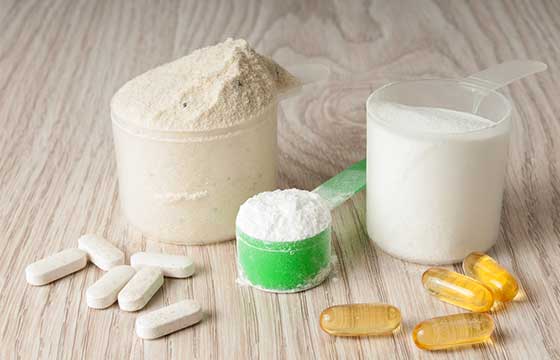
On January 19, 2022, Health Canada announced a marketing authorization (MA) to permit manufacturers to voluntarily increase the amount of Vitamin D in cow’s milk, goat’s milk and margarine. This was decided in order to facilitate alignment and compliance with the Regulations Amending the Food and Drug Regulations (Nutrition Labelling, other Labelling Provisions and Food Colours).
Background
Vitamin D is a key nutrient that helps the body use calcium and phosphorus to maintain strong bones and teeth. Vitamin D can be obtained from food and supplements and can be made by the body after exposure to sunlight. Vitamin D deficiency can lead to rickets in children and Osteomalacia (softening of the bones) in adults.
The Food and Drug Regulations (FDR) set out the daily value (DV) for vitamin D (i.e. a value that would meet the vitamin D requirements of almost all Canadians) as well as the amount of vitamin D required in cow’s milk and margarine, and permitted in goat’s milk. Manufacturers cannot increase the amount of vitamin D in foods beyond what is currently set out in the FDR.
However, Health Canada has made plans to increase Vitamin D intake with the public health objective of promoting adequate bone health among Canadians without excessive Vitamin D intake. As a first step, Health Canada proposed increases to the amount of Vitamin D required in cow’s milk and margarine and permitted in goat’s milk, as these are the biggest contributors of Vitamin D in the Canadian diet.
Benefits of this change
This marketing authorization will have the following benefits:
- Helping to promote adequate bone health among Canadians by permitting an increased amount of vitamin D in cow’s milk, goat’s milk and margarine;
- Allowing for the possibility of financial savings for manufacturers who have not already updated their product labels to comply with the 2016 nutrition labelling regulations. For these manufacturers, the MA enables a single label change (rather than multiple changes) to account for an increase to vitamin D amounts and meeting the requirements set out in the 2016 nutrition labelling regulations
- Allowing manufacturers to continue to market cow’s milks and goat’s milks as an “excellent source” of vitamin D, thus providing a marketing benefit to manufacturers and
- Helping to reduce the risk of illness related to certain bone diseases and therefore potentially reduce health care spending on the treatment of these diet-related diseases
Need help with food compliance in Canada or the USA?
Implementation
Public education efforts to help Canadians understand how best to use nutrition labelling to make informed food choices is ongoing. In addition, Health Canada will post information about the marketing authorization on its website and will notify stakeholders. Industry is not required to submit a premarket notification or a Temporary Marketing Authorization application in order to apply the increased vitamin D levels for cow’s milk, goat’s milk or margarine. Therefore, action can be taken immediately, but must follow the applicable rules and regulations.
Compliance and Enforcement
Compliance and enforcement of the marketing authorization will be incorporated into existing activities carried out by the Canadian Food Inspection Agency (CFIA). The CFIA is responsible for the enforcement of the Food and Drugs Act as it relates to food. While it is the responsibility of the industry to comply with regulatory requirements, compliance will be monitored as part of ongoing domestic and import inspection programs. Appropriate enforcement action will be taken based on risk.
